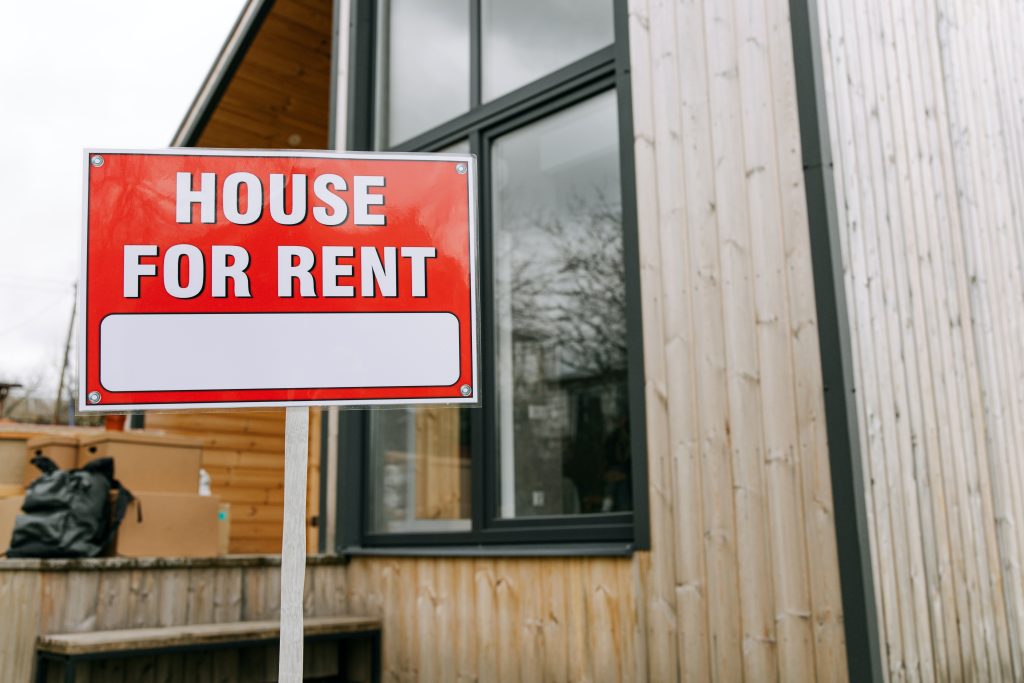
Eviction Guidelines for NJ Landlords and Property Managers

To start the eviction process, the landlord needs to end the lease or rental agreement, which may require giving the tenant prior notice.
Notice For Termination WITH CAUSE
In New Jersey, landlords can only end a tenancy early if there is a valid reason, such as non-payment of rent, lease violations, or illegal activities by the tenant.
The notice needed for termination varies based on the reason.
* No Notice Necessary: In such cases, the landlord can directly file an eviction lawsuit in court to end the tenancy if the tenant fails to pay rent on time.
* 3-Day Notice To Quit: In specific cases, the landlord can provide the tenant with a three-day notice to vacate the property. The three-day notice should inform the tenant that their specified behavior, such as the examples listed below, is the reason for the notice.
– disorderly conduct
– destruction of the landlord’s property
– conviction for use, possession, or manufacture of an illegal drug, or
-assaults or threats against the landlord.
30-Day Notice To Quit:
If the tenant repeatedly violates the lease or rental agreement or consistently pays rent late, even after being warned, the landlord can give them a 30-day notice to vacate the property. After a 30-day notice, the landlord will end the rental agreement and take legal action to evict the tenant.
Notice For Termination WITHOUT CAUSE
If a landlord lacks a valid reason to evict a tenant, they must wait until the tenancy ends before expecting the tenant to move out. However, depending on the type of tenancy, the landlord might still need to give the tenant a written notice to vacate.
Month to Month Tenancy
To terminate a month-to-month tenancy, the landlord must provide the tenant with a written notice lasting one month. The notice should state that the tenancy will end at the month’s conclusion and require the tenant to vacate the unit by then. If the tenant remains in the unit beyond that time, the landlord can initiate an eviction lawsuit, citing the tenant as a holdover.
Fixed-Term Lease
If the tenant has a fixed-term lease, like one year or six months, the landlord doesn’t have to give any notice for the tenant to move, unless it’s stated in the lease. The landlord can expect the tenant to move out by the end of the lease. If the tenant doesn’t leave by then, the landlord can initiate an eviction lawsuit.
NOTE: A landlord can only remove a tenant from a rental unit by winning an eviction lawsuit. However, it is not the landlord’s responsibility to physically remove the tenant; a law enforcement officer handles that. It is unlawful for a landlord to forcibly evict a tenant, and the tenant can take legal action against the landlord for attempting to do so.





